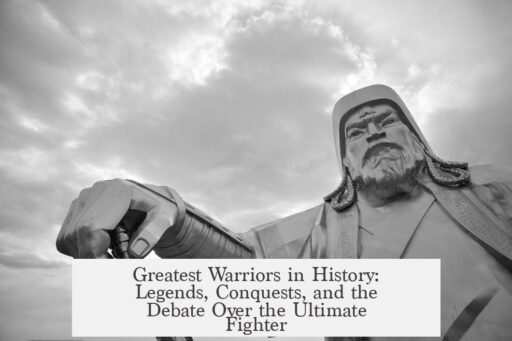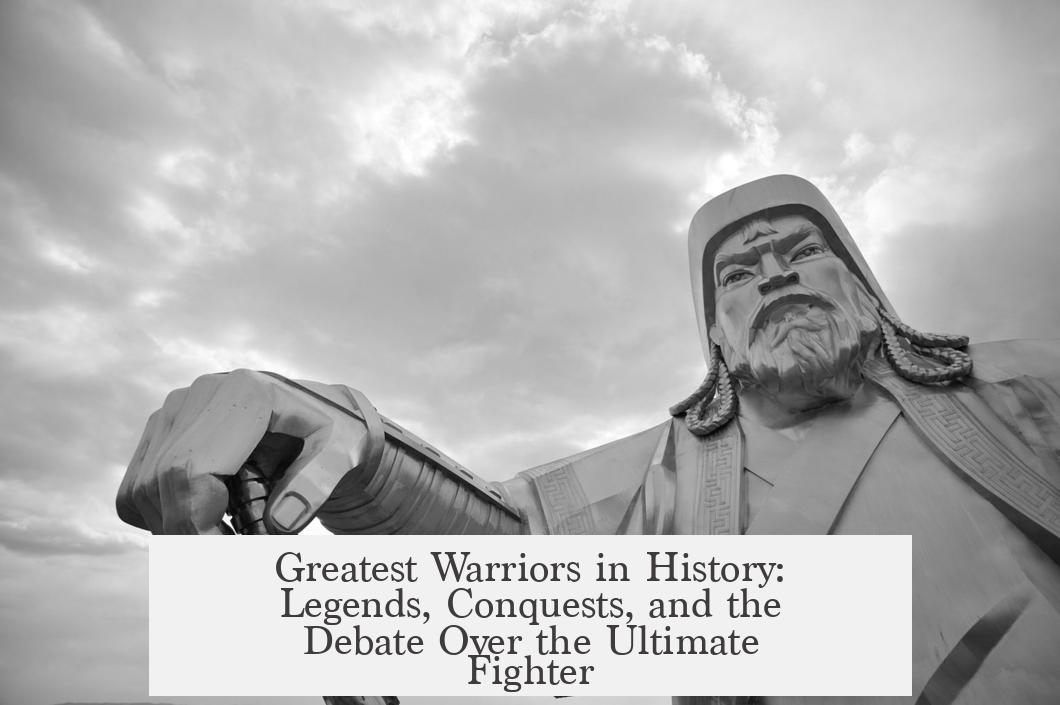The greatest warrior of all time cannot be definitively named, as it depends on criteria such as combat skills, leadership, strategy, era, and cultural context. Different warriors excelled under various circumstances, and direct comparisons across times and regions are complex.
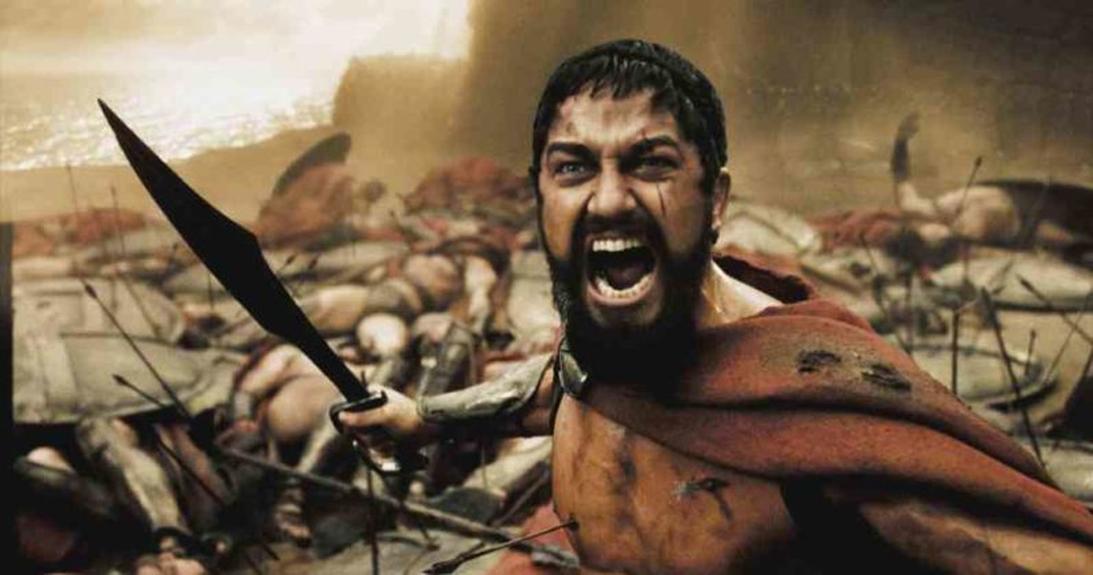
Many individuals are often cited in debates about the greatest warrior ever. Alexander the Great stands out for his unprecedented military conquests. He created one of the largest empires of the ancient world by combining strategy, charisma, and battlefield prowess. His campaigns demonstrate not only personal combat skill but also ingenious tactics that changed warfare.
Khalid ibn Walid earns admiration for his flawless battlefield record and personal bravery. He led Islamic conquests against vast empires and reportedly never lost a battle. His practice of dueling opposing generals before engagements displayed his confidence and fighting skills.
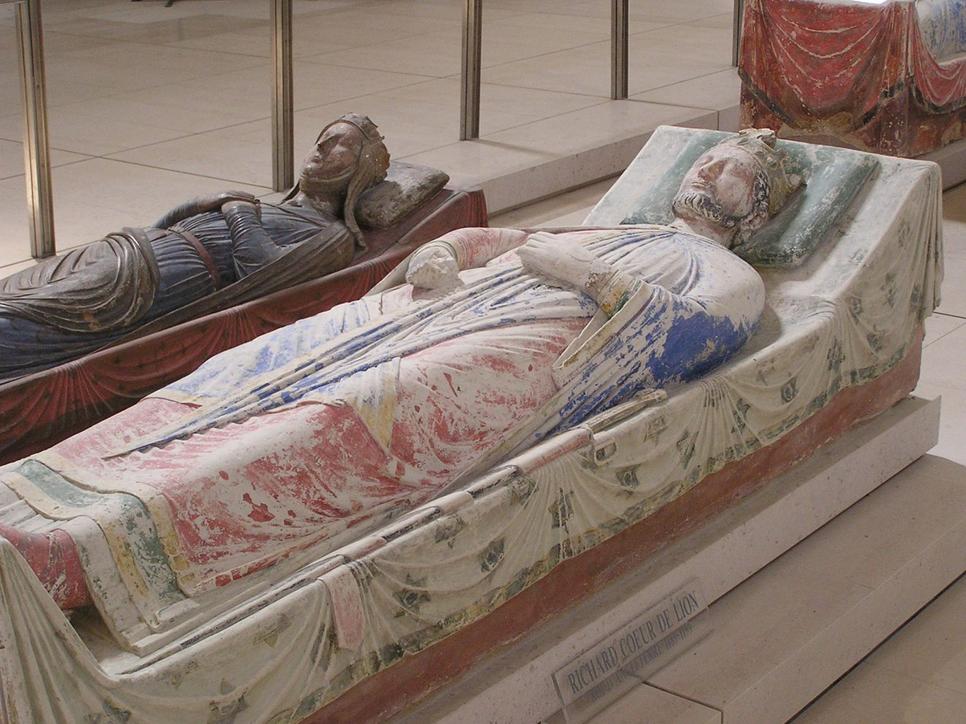
William the Marshal remains renowned as the greatest knight in Christendom. His service to multiple English monarchs spanned decades, and he showed exceptional leadership and resilience. Even at seventy, William led cavalry charges, exemplifying stamina and tactical command.
Genghis Khan merits recognition as a warrior who rose from humble beginnings to lead a highly disciplined and aggressive army. His conquests forged one of history’s largest empires. Genghis combined personal valor with strategic innovation, particularly in mobility and siege warfare.
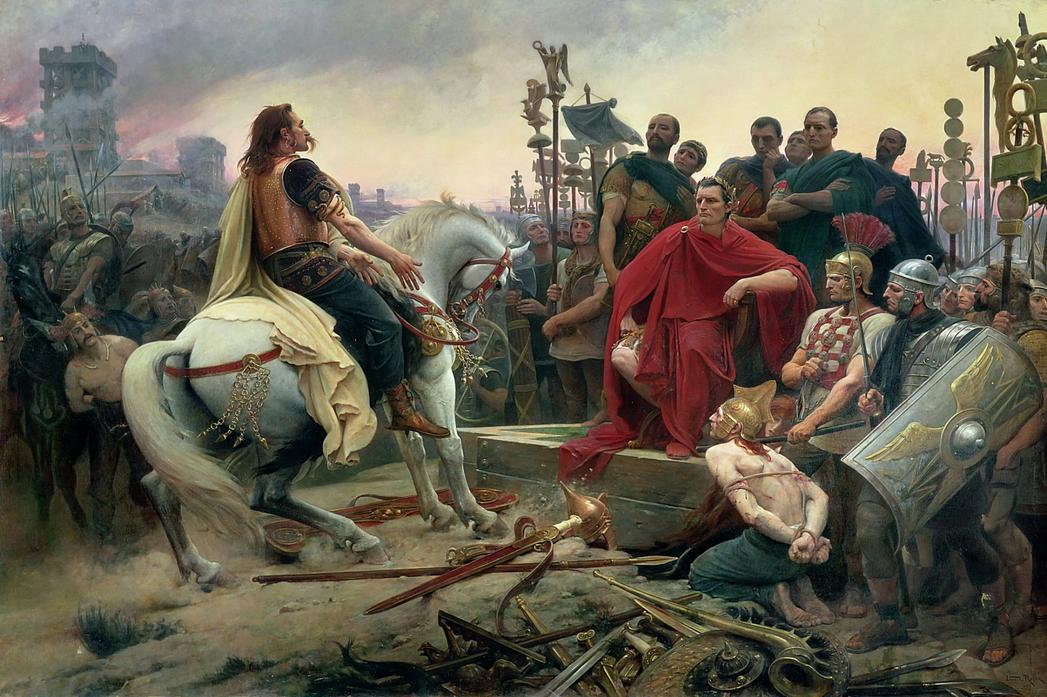
Admiral Yi Sun-Sin is praised for his extraordinary ability to win battles against overwhelming odds during the Joseon Dynasty in Korea. Despite political challenges and limited resources, he never lost a naval engagement, demonstrating leadership and tactical brilliance.
Jan Žižka is notable for rising late to military leadership, even while blind in his final battles. He led peasant armies to repeatedly defeat larger, well-equipped forces. Žižka developed mobile artillery tactics and forced religious and political concessions long before major European reforms.
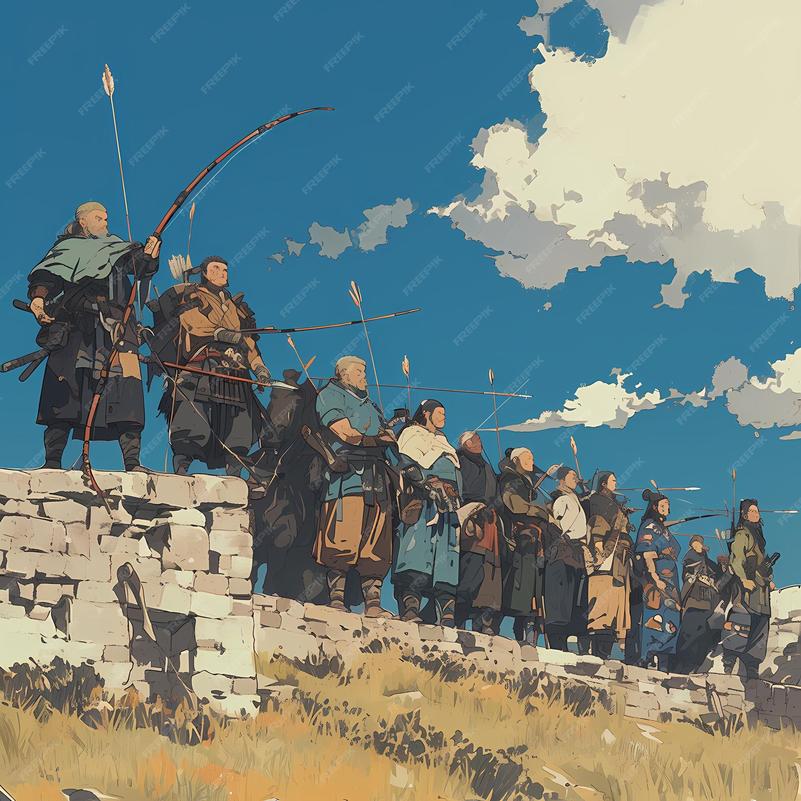
From other cultures and periods, Miyamoto Musashi is a legendary Japanese swordsman known for winning over 60 duels. His profound understanding of combat strategy extended beyond fighting to philosophy and writing.
Modern warriors like Audie Murphy, John Basilone, and Yogendra Singh Yadav show exceptional individual bravery in 20th-century conflicts. Their personal feats emphasize courage under fire and battlefield effectiveness.
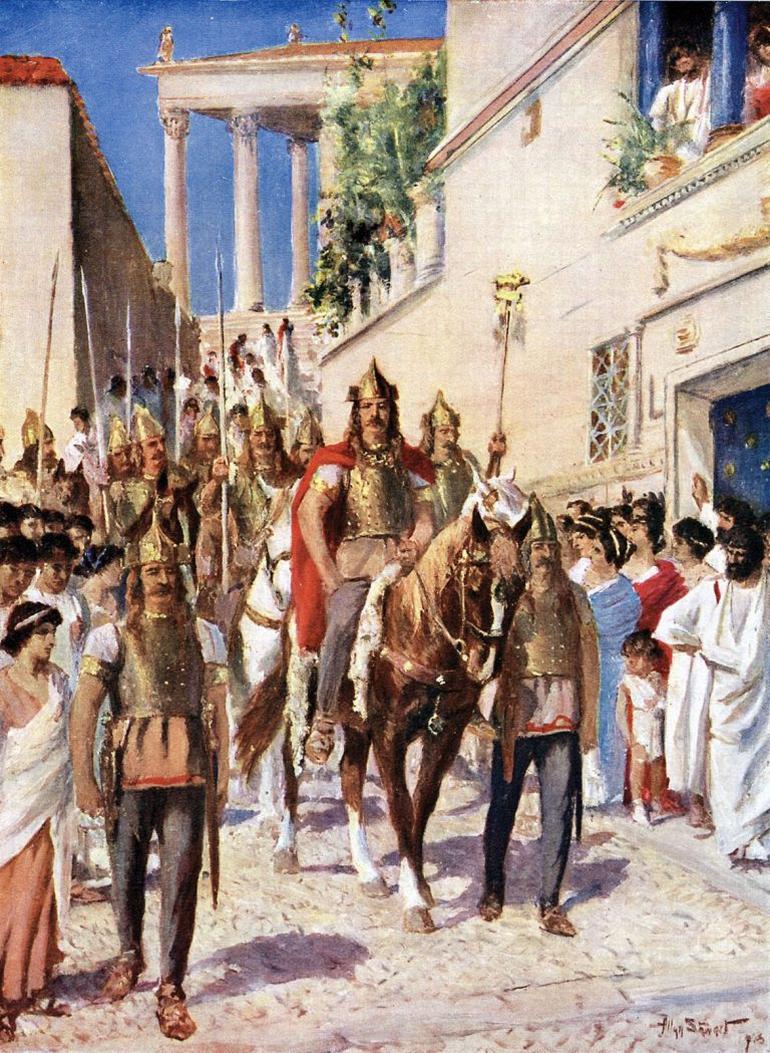
Spartacus represents a warrior-leader who combined physical prowess with motivational skills, leading a major slave rebellion against Rome.
Other notable fighters include:
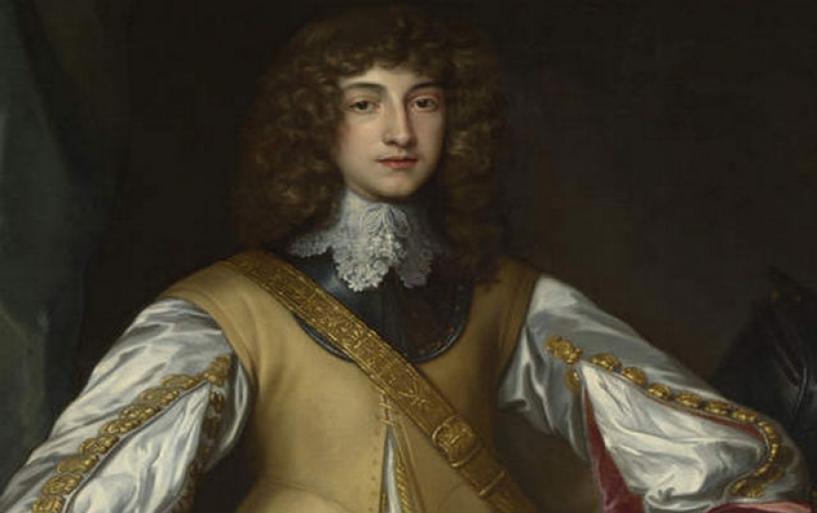
- Janissaries: Elite Ottoman infantry known for discipline and marksmanship.
- Diego García de Paredes: Spanish swordsman famed for physical strength and combat skill.
- Carles XII of Sweden: A resilient king who fought on the front lines, leading by example.
- Flamma: Gladiator famed for multiple refusals of freedom, symbolizing relentless fighting spirit.
- Joe Medicine Crow: Native American war chief who excelled in hand-to-hand combat and leadership during World War II.
| Warrior | Key Attribute | Context |
|---|---|---|
| Alexander the Great | Conquests and Strategy | Ancient Macedonia |
| Khalid ibn Walid | Unbeaten Duelist and Commander | Early Islamic Empires |
| William the Marshal | Chivalry and Longevity | Medieval England |
| Genghis Khan | Empire Builder | Mongol Empire |
| Yi Sun-Sin | Naval Tactician | 16th-Century Korea |
| Jan Žižka | Innovative Tactics | Hussite Wars, Europe |
Evaluating the greatest warrior depends heavily on application of criteria:
- Combat skill: hand-to-hand or ranged, individual duels.
- Leadership: ability to inspire and command.
- Strategic impact: success in campaigns and battles.
- Historical context: available technology and military style.
- Longevity and resilience in warfare.
Considering these factors highlights the difficulty in naming one overall warrior. Strategy often influences outcomes more than pure fighting ability. Time and place affect what skills and tactics are valued. Thus, appreciation of the greatest warrior remains subjective.
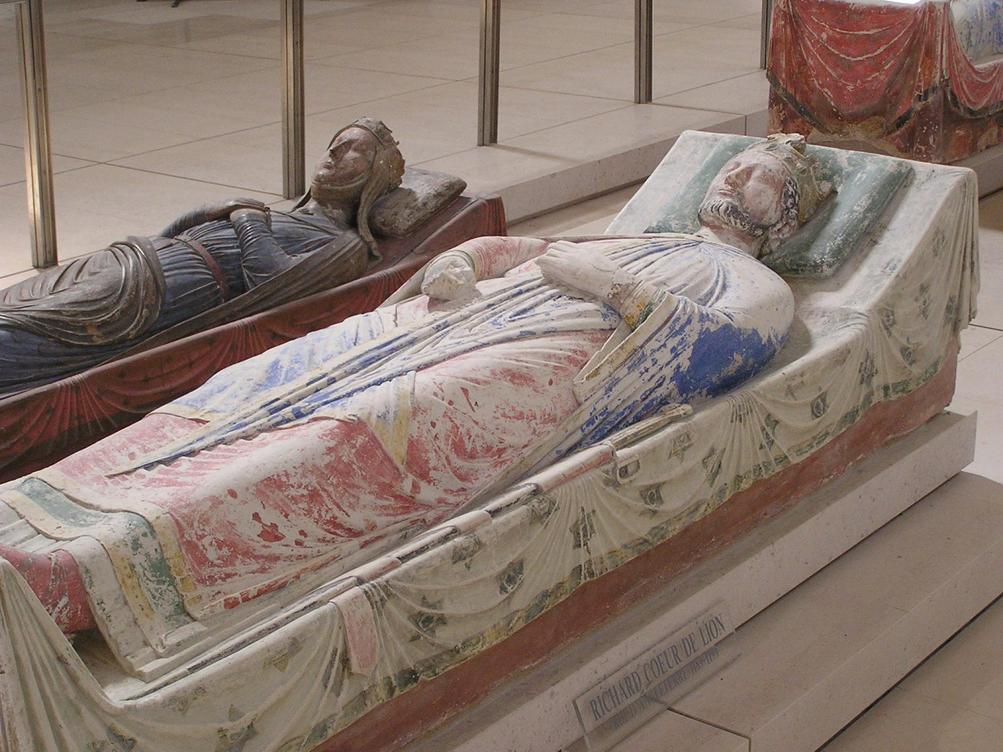
Others emphasize warriors who personally fought on the front lines rather than strategists or commanders removed from battle.
- The greatest warrior title is context-dependent and subjective.
- Alexander the Great and Genghis Khan achieved lasting empires through military skill.
- Khalid ibn Walid showed unmatched personal combat success.
- William the Marshal demonstrated endurance and chivalric excellence.
- Yi Sun-Sin’s naval leadership rescued his nation from defeat.
- Jan Žižka’s innovative tactics overcame numerical disadvantages.
- Modern warriors prove enduring individual bravery across eras.
- Strategic and cultural factors strongly influence warrior effectiveness.
Greatest Warrior of All Time? A Journey Through the Legends of Battle
Deciding the greatest warrior of all time is a wild ride of epic proportions, tangled in time, culture, and martial style. It’s a debate that sparks fierce opinions and endless arguments. Every era boasts its champions, each a master of their battlefield and weapon. But is there one definitive titan? The answer? It’s complicated—yet exhilarating to explore.
Let’s march through history’s blood-soaked pages and meet some of the fiercest warriors who ever lived. Prepare for a ride with knights, emperors, snipers, gladiators, and soldiers who rewrote the rules of combat.
William the Marshal: The Knight Who Outlasted Time
Picture living in an era where honor and skill distinguished warriors. William the Marshal was hailed as the greatest knight in Christendom during his lifetime. A knight’s knight, he served five English monarchs—Henry II, Young Henry, Eleanor of Aquitaine, Richard I, John, and Henry III.
Imagine a seventy-year-old leading cavalry charges into battle while acting as regent. William’s resilience and loyalty are staggering. His career spanned bloody medieval wars and brutal power struggles, yet his reputation remained untarnished.
His legacy teaches us that greatness isn’t just raw strength but dedication and adaptability across lifetimes and rulers.
Alexander the Great: The Conqueror of Worlds
When it comes to jaw-dropping feats, few surpass Alexander the Great. By the age of thirty, he’d conquered a vast empire that stretched from Greece to Egypt and into India.
His military tactics turned impossible against all odds wins into legends. Diplomacy, speed, and relentless pursuit defined his campaigns. The word “great” in his name isn’t just for show.
Yet, Alexander’s greatness was as much about mind as muscle. He fused cultures and inspired systems that lasted centuries. In sheer conquest terms, he remains a strong contender.
The Underdogs and Unusual Heroes
- Audie Murphy: The American real-life hero whose battlefield valor would grace any Hollywood epic. Not necessarily the greatest, but a story worth digging into.
- Miyamoto Musashi: Japan’s undefeated duelist and samurai philosopher, famous for strategic insight and dual-wielding swords.
- Simo Häyhä: The “White Death,” a Finnish sniper with unmatched kill counts during the Winter War, proving that a lone warrior can shift tides.
These remind us that greatness wears many faces—sometimes not the tallest or most commanding but the deadliest or smartest.
Jan Žižka: The One-Eyed Peasant Who Defied Empires
How about a warrior who started late and fought blind, yet never lost a battle? Meet Jan Žižka, a Czech revolutionary and military genius.
Raised a peasant army supporting religious reform, he turned mobile artillery into a game-changer in European warfare. Besting four crusader armies backed by the Roman Church? Check.
Žižka forced religious concessions years before Martin Luther dawned the Reformation. Losing an eye didn’t stop him; blindness didn’t break him. His undying spirit and tactical innovations make him a legend.
Jack Churchill: The Last of the Old-School Warriors
Now for a personal favorite: Jack Churchill, who lived by the motto “Any officer who goes into action without his sword is improperly dressed.” He fought in WWII with a bagpipe and a longbow. Need we say more?
No definitive answer exists, but Churchill’s quirky bravado shows that sometimes sheer audacity is its own kind of greatness.
Khalid ibn Walid: The Sword of Allah
Here’s a warrior who never chicken out from proving his valor: Khalid ibn Walid.
Leader of Islamic conquests against the Sassanid and Roman Empires, his unblemished record is stunning. Before each battle, he’d issue personal duels challenging enemy champions. He never lost—an undefeated enforcer with a hefty kill count in direct combat.
Khalid shows that fearlessness and personal courage remain at the core of legendary status.
Admiral Yi Sun-Sin: The Sea’s Indomitable Warrior
Not all warriors chase glory on horseback or battlefields. Admiral Yi Sun-Sin won an “unwinnable” naval war in Korea, despite corrupt officials demoting him and being heavily outnumbered every time.
His perseverance and tactical genius turned the tide. Even without modern weapons, his records show how vision and resilience can overcome sheer odds.
Spartacus: The Gladiator Who Became a Legend
Let’s not forget Spartacus, a former gladiator who led a massive slave uprising against Rome. A remarkable warrior and leader, he battles not just with weapons but for freedom.
His legacy is more than combat skills—it’s about fighting impossible systems and inspiring hope.
Sun Tzu: The Mind Behind the Might
While mostly known as a strategist, Sun Tzu deserves mention. His “Art of War” remains a foundational text for understanding warfare. Does a mind rule over the sword? Perhaps.
However, many argue the greatest warriors are those who fought personally, not just commanded from afar.
Spurius Ligustinus and Maximus Thrax: From Humble Roots to Heroic Heights
- Spurius Ligustinus: Born a peasant, he became the most decorated Roman soldier ever. Rises through ranks to primus pilus, proving relentless courage builds greatness.
- Maximus Thrax: Shepherd to Roman Emperor, known mostly for military skill but poor governance. Proof that battlefield success doesn’t always translate to lasting leadership.
The Subjectivity of Greatness and the Problem of Comparison
Comparing warriors across centuries and continents is like comparing apples to chainsaws. Each fought with the style, tools, and tactics available. A medieval knight besting a Roman legionary? Possibly. But the Austrian Grenadier of 1809 might outmatch the knight without breaking a sweat.
Throw a 2000s Russian soldier into that mix and you’ve got a mess of variables. Context, technology, culture, and personal qualities all skew any strict ranking.
Even the greatest swordsmen in Spain, like Juan de Austria or the towering Diego García de Paredes (standing over 2 meters tall!), had different worlds than snipers like Simo Häyhä or guerrillas like Jan Žižka.
Modern Warriors and Unsung Heroes
- Yogendra Singh Yadav: Contemporary hero suggested for the list — shows that valor spans ages.
- Joe Medicine Crow: Last of his tribe’s war chiefs, earned his status through feats like hand-to-hand combat and leading missions in WWII.
- John Basilone: US Marine hero whose bravery in battle is legendary, like the defense of Pavlov’s House in WWII, a story of fierce urban combat.
What Does It Take to Be the Greatest Warrior?
Is it raw kill count? Tactical brilliance? Inspirational leadership? Longevity? Adversity overcome? Or a blend of all?
Some warriors, like Khalid ibn Walid, never lost a duel and led armies. Others, like William the Marshal, served multiple kings with unwavering loyalty over decades. Then you have wildcards like Jack Churchill, fighting with a sword and bagpipes in modern war.
Are those direct warriors better than great strategists like Sun Tzu? The debate rages.
Final Thoughts: Embrace the Diversity of Warriors
Ultimately, the greatest warrior of all time depends on what you value most: leadership, personal valor, tactical innovation, or cultural impact. These legends offer inspiration in different ways. From the iron-forged knights of Europe, the ruthless Mongol hordes of Genghis Khan, to the lone snipers and guerrilla leaders—they all embody facets of greatness.
Ready to pick your champion? Dive into their stories, admire their feats, and maybe, just maybe, realize the true answer is that there isn’t just one greatest warrior—there are many. Each shaped the course of history with their courage and skill in ways unmatched.
So, what do YOU think? Is history’s greatest warrior a conqueror, a swordsman, a strategist, or possibly—the rebel who refused to back down? The battlefield is open for debate.
Who was William the Marshall, and why is he considered a great warrior?
William the Marshall was a knight known for serving multiple English monarchs. Even at seventy, he led cavalry charges. His long service and battlefield leadership mark him as one of the greatest knights in history.
What made Khalid ibn Walid stand out among historical warriors?
Khalid ibn Walid never lost a battle and personally dueled enemy generals before conflicts. He led Islamic conquests against powerful empires and had one of the highest kill counts in single combat.
Why is Admiral Yi Sun-Sin regarded as a remarkable warrior?
Admiral Yi Sun-Sin won battles against great odds, often outnumbered and demoted by corrupt officials. He led his navy successfully throughout an unwinnable war, showing exceptional resilience and strategy.
How did Jan Zizka impact warfare and religious reform?
Starting in his fifties and blind in his final battles, Jan Zizka led a peasant army with mobile artillery. He defeated major European powers and forced early Church concessions before the Reformation.
What contributions did Genghis Khan make to military history?
Genghis Khan rose from nothing to control one of history’s largest empires. His aggressive and organized military campaigns reshaped much of Asia through rapid expansion and dominance.
